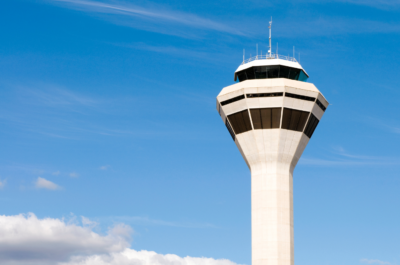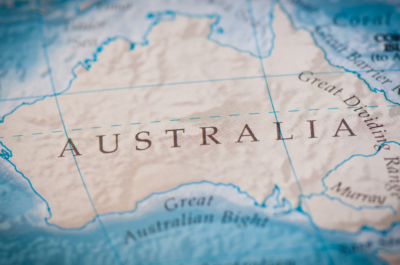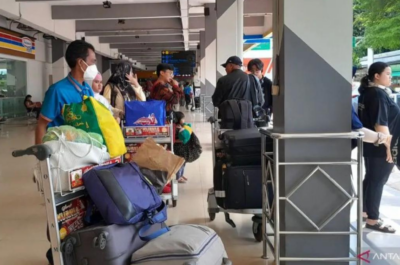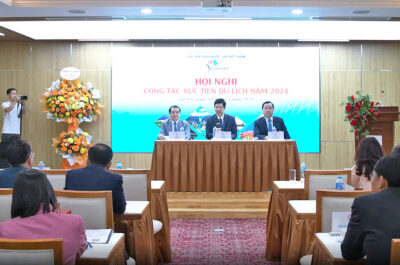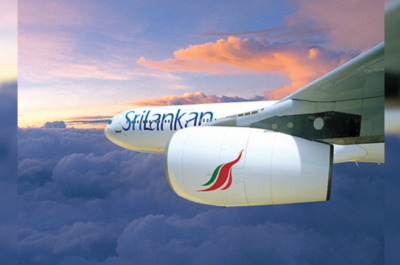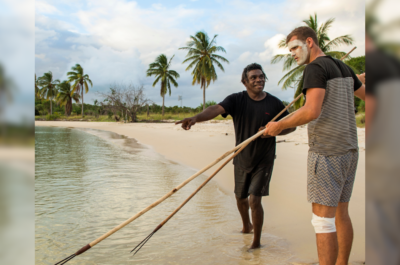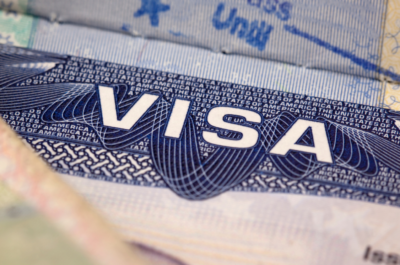The most important message for international travellers concerning SARS is to be aware of the main symptoms of SARS…
The most important message for international travellers concerning SARS is to be aware of the main symptoms of SARS : high fever (> 38° Celsius, >100.4° Fahrenheit), dry cough, shortness of breath or breathing difficulties. Persons who experience these symptoms and who have been in an area where there has been recent local transmission of SARS in the last 10 days are advised to contact a doctor.
WHO is now recommending, as a measure of precaution, that people planning to travel to the following areas of China: Beijing, Guangdong, Hebei, Hong Kong SAR, Inner Mongolia, Shanxi, Tianjin and Taipei in Taiwan province, consider postponing all but essential travel. This temporary recommendation is being reassessed daily as the outbreak evolves and does not apply to passengers simply transiting through international airports in these areas. WHO does not recommend the restriction of travel to any other areas.
WHO recommended measures to limit the international spread of SARS
In the absence of effective drugs or a vaccine for SARS, control of this disease relies on the rapid identification of cases and their appropriate management, including the isolation of suspect and probable cases and the management of their close contacts. In the great majority of countries, these measures have prevented imported cases from spreading the disease to others.
To further reduce the risk that travellers may carry the SARS virus to new areas, international travellers departing from areas with local transmission in the B or C categories should be screened for possible SARS at the point of departure. Such screening involves answering two or three questions and may include a temperature check. Travellers with one or more symptoms of SARS and who have a history of exposure or who have fever or who appear acutely ill should be assessed by a health care worker and may be advised to postpone their trip until they have recovered.
WHO does not at present conclude that any goods, products or animals arriving from areas with SARS outbreaks pose a risk to public health. No restrictions in this regard are recommended.
WHO further recommends that persons arriving from areas with recent local transmission should be aware of the main symptoms of SARS described above and should seek medical advice, initially by telephone, if they develop symptoms in the 10 days after leaving the outbreak area. Well persons who are not contacts of probable cases require no special measures and should be free to carry out normal activities. Contacts of probable cases should not undertake travel until 10 days after the last contact assuming they themselves remain well. Should, despite the advice above, a contact of a probable case travel to another country, the person should be placed in voluntary isolation and kept under active surveillance by the health authorities in the country of arrival.
Travellers are advised to contact their doctors or national health authorities for supplementary information as individual countries may adapt WHO recommendations to take into account national considerations. Many national health authorities have established web sites with excellent information.
All available WHO information is posted on the WHO SARS web site which is regularly updated.
Theodore is the Co-Founder and Managing Editor of TravelDailyNews Media Network; his responsibilities include business development and planning for TravelDailyNews long-term opportunities.
































